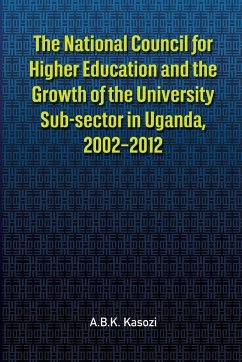This book examines the concept of the democratization of governance in universities in Kenya with particular emphasis on students involvement in governance processes and decision making. Data were collected from members of the student community utilizing a structured self-administered questionnaire and from purposively selected key informants and focus group discussants drawn from Kenyatta University (representing the public sector) and the United States International University (representing the private sector). The guiding argument for the study was that shared governance, one of the principles of good governance, is critical in enabling the universities to deliver their visions and the missions effectively. The results revealed that while in principle, Kenyan universities have embraced democratic governance in which all stakeholders, including students, have a role to play, in practice they continue to violate the core principles of good governance, particularly shared governance. Specifically, students, who are major stakeholders in university education, are largely excluded from significant structures of governance thereby limiting their influence and participation. Although their representation is mainly provided via student self-governance organs (unions, associations and/or councils), their effectiveness is undermined considerably by the lack of trust and confidencec of the student body and the unending manipulation by top university administrators and external political actors. Student active involvement in decision making is mainly confined to lower levels such as the school/faculty and departmental/programme. The authors call for a paradigm shift in the involvement of students in the governance of universities in ways that discourage the current culture of tokenism and political correctness that characterizes public and private universities in Kenya.
Hinweis: Dieser Artikel kann nur an eine deutsche Lieferadresse ausgeliefert werden.
Hinweis: Dieser Artikel kann nur an eine deutsche Lieferadresse ausgeliefert werden.








